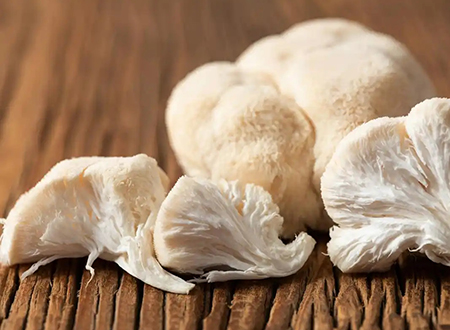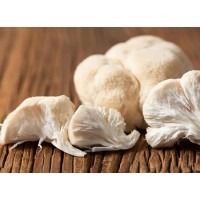Exploring Development Opportunities in Lion’s Mane Extract
The rising interest in lion’s mane extract offers a wealth of opportunities for innovation and growth in the health and wellness industry. By focusing on product development, research, sustainability, and education, businesses can capitalize on this trend while contributing to consumer well-being.
Lion’s mane extract, derived from the Hericium erinaceus mushroom, has gained significant attention in recent years due to its potential health benefits. Known for its neuroprotective and cognitive-enhancing properties, this natural supplement is becoming increasingly popular among consumers seeking alternatives to traditional pharmaceuticals. As interest continues to grow, several development opportunities emerge for businesses, researchers, and innovators in this space.
1. Product Diversification
The growing demand for organic lion’s mane extract presents opportunities to create a diverse range of products. Beyond capsules and powders, companies can explore innovative formats such as functional beverages, snack bars, and gummies infused with lion’s mane. Additionally, combining the extract with complementary ingredients like adaptogens or other medicinal mushrooms could appeal to health-conscious consumers looking for synergistic benefits.
2. Clinical Research and Evidence-Based Marketing
While preliminary studies suggest lion’s mane may support cognitive health, nerve regeneration, and immune function, robust clinical trials are still limited. Investing in scientific research to validate these claims can build consumer trust and set a brand apart in a competitive market. Evidence-based marketing, supported by peer-reviewed studies, can help position products as credible and effective solutions for specific health concerns.

3. Partnerships with Wellness and Food Industries
Collaborating with wellness brands and food manufacturers offers an avenue to expand the reach of lion’s mane extract polysaccharides. For example, partnerships with coffee companies to create mushroom-infused coffee blends or with fitness brands for pre-or post-workout supplements can tap into niche markets. These collaborations can also introduce lion’s mane extract to consumers unfamiliar with its benefits.
4. Sustainable Sourcing and Ethical Practices
As demand rises, ensuring sustainable cultivation and ethical sourcing of Hericium erinaceus mushrooms becomes crucial. Companies that prioritize environmentally friendly practices, such as organic farming or vertical mushroom cultivation, can appeal to eco-conscious consumers. Transparent supply chains and certifications like USDA Organic or Fair Trade can further enhance brand reputation.
5. Global Market Expansion
The increasing popularity of natural supplements provides an opportunity to expand lion’s mane extract into international markets. Tailoring products to meet regional preferences and regulatory requirements can unlock new customer bases. For instance, in regions where traditional medicine is deeply rooted, emphasizing the historical use of lion’s mane in East Asian healing practices may resonate with local consumers.
6. Education and Consumer Awareness
Despite its growing recognition, many potential consumers remain unaware of lion’s mane extract and its benefits. Developing educational campaigns through blogs, webinars, and social media can bridge this gap. Clear communication about dosage, safety, and potential effects can empower consumers to make informed decisions while fostering brand loyalty.














